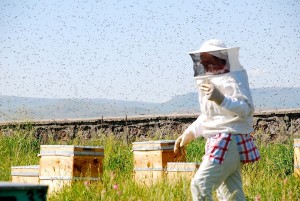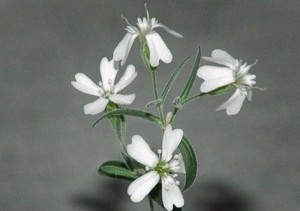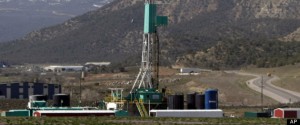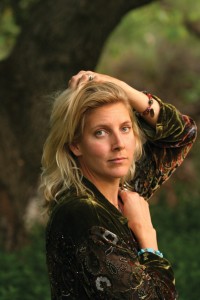By wogwpa1358 on February 27, 2012 / Leadership
Tags:
Carolyn Parrs,
Dalia Ziada,
Danya Bashir Hobba,
Fida Ouri,
Lamees Dhaif,
Manal al Sharif,
Maria Al-Masani,
Shahinaz Ahmed,
women and the middle east,
women in green,
women of green,
Yasmine El-Mehairy

Women have been at the forefront of the uprisings that started in Tunisia and soon cascaded west to Egypt, Libya, Yemen, Syria and across the Gulf. Over the past year, Arab women have relished the promise of a change — and found a new sense of equality long suppressed under sclerotic patriarchal regimes.
But many women activists fear that promise is now receding; and that women’s rights are being left on the political back-burner. In Egypt’s first post-Mubarak parliamentary elections — largely seen as the nation’s first free and fair vote — only nine of the newly elected 498 parliamentarians are women.
Popular Egyptian activist blogger Dalia Zaida says shortly before the elections, she conducted an informal poll of 1,400 voters across Cairo and found not a single person, male or female, who said he or she would vote for a female presidential candidate. Women across the region worry about this growing chasm between the reality of women’s unyielding participation on the streets and their stark absence from the formal political process.
Some secular female activists also fear that the rise of Islamist parties, whatever their professed moderation, will curtail their political space.
In Egypt, women have faced brutal treatment at the hands of the caretakers of the revolution — the Supreme Council of the Armed Forces. Activists describe its handling of protests as incompetent at best, and malevolent at its worst. Back in March, when the military forcibly expelled protestors from Tahrir Square — the epicenter of pro-democracy protests — 18 female activists were arrested, 17 of whom say they were forced to undergo “virginity tests,” (the military has claimed the tests were done to protect the army from possible allegations of rape).
Recently, hundreds of women from across the Middle East attended a conference in Egypt to discuss how technology and the Internet, namely social media, can be used to protect and advance women’s goals in the region. The Egyptian-American pundit Mona Eltahaway moderated the conference, taking the stage with both arms in casts. In November, she was sexually assaulted and beaten by soldiers near Tahrir Square. The plaster didn’t preclude her from articulating her message: “The most revolutionary thing a woman can do is share her experience as if it matters.”
As countries across the region struggle to dismantle inequitable systems and build civil society anew, these are just a few of the female “agents of change” who are sharing their experiences and have no intention of backing down.
Continue reading... →









